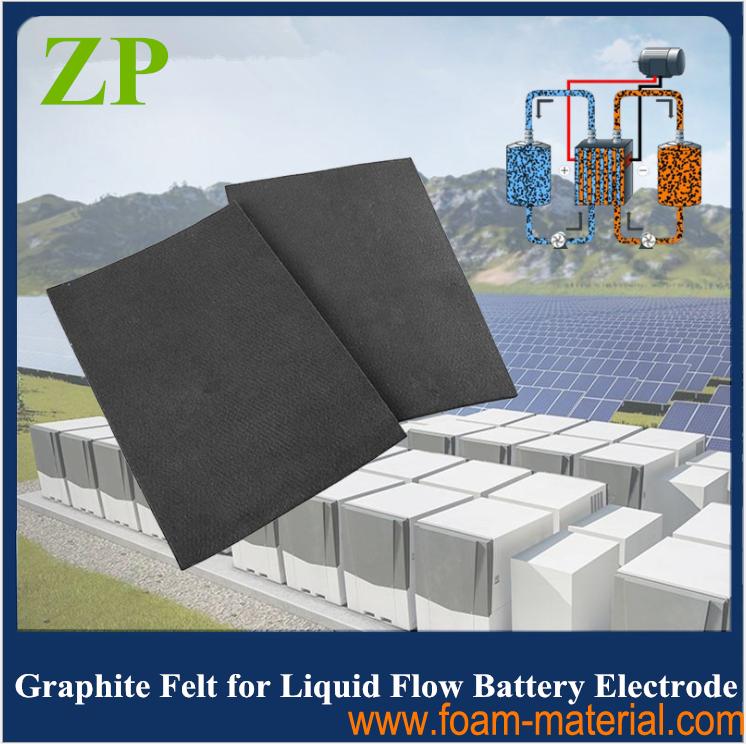Carbon Felt: Properties, Applications, and Advantages
Carbon felt is a versatile material made from carbon fibers, known for its lightweight, flexibility, and excellent thermal and electrical conductivity. This non-woven textile is primarily used in applications that require high-performance insulation, filtration, and structural support.
● Key Properties of Carbon Felt
1. High Thermal Resistance: Carbon felt can withstand extreme temperatures, making it suitable for applications involving heat insulation and thermal protection.
2. Electrical Conductivity: Its conductive properties make it ideal for use in applications that require electrical connections or grounding.
3. Lightweight and Flexible: The lightweight nature of carbon felt allows for easy handling and installation in various configurations.
4. Chemical Resistance: It is resistant to many chemicals and solvents, enhancing its durability in harsh environments.
● Common Applications
1. Battery Manufacturing: Carbon felt is used as a separator or current collector in batteries, particularly in lithium-ion and lead-acid batteries, helping to improve efficiency and safety.
2. Thermal Insulation: In industries like aerospace and automotive, carbon felt is employed for thermal insulation in high-temperature environments.
3. Filtration: Its porous structure allows for effective filtration of gases and liquids, making it useful in environmental applications.
4. Electrode Material: Carbon felt can serve as an electrode in supercapacitors and fuel cells, contributing to improved energy storage and conversion.
5. Composite Manufacturing: Used as a reinforcement material in composites, carbon felt enhances strength and structural integrity in various applications.
● Advantages of Carbon Felt
1. High Performance: Its exceptional thermal and electrical properties make carbon felt a reliable choice for demanding applications.
2. Customization: Carbon felt can be manufactured in various thicknesses and densities, allowing for tailored solutions to meet specific needs.
3. Eco-Friendly: Often produced from recycled materials, carbon felt can contribute to sustainable practices in manufacturing.
4. Cost-Effective: While initially higher in price than some alternatives, its durability and performance can lead to cost savings over time.
Can be Customized Carbon felt
● Considerations
1. Handling Precautions: Care should be taken when handling carbon felt, as the fibers can be abrasive and may produce dust.
2. Compatibility: It's essential to ensure that carbon felt is compatible with other materials in a given application to avoid degradation or performance issues.
● Conclusion
Carbon felt is a highly functional material with a wide range of applications across various industries. Its unique properties make it an excellent choice for high-temperature insulation, filtration, and energy storage solutions. As technology advances and the demand for efficient materials grows, carbon felt is likely to see increased usage in innovative applications, contributing to improved performance and sustainability.
